
Amazon EPR Battery Law Compliance Services
Previously, the European Union issued new regulations for EPR batteries. According to the new regulations, all sellers who produce independent batteries or built-in batteries in products must submit a registration number to Amazon before August 18, 2025.
At present, the Amazon platform has opened the German Battery Act registration number upload channel on October 29. It is recommended that sellers who have completed the German Battery Act registration upload the information as soon as possible to complete compliance to ensure that the products comply with local environmental regulations and maintain normal sales and store operations.
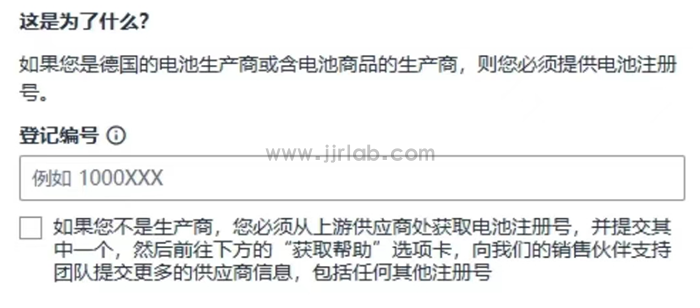
Which sellers will be affected by the EU battery law?
You are considered a producer if your company meets any of the following criteria:
1. Your company is established outside the EU but sells batteries or products containing batteries directly to EU end users through distance selling.
2. Your company is established in the EU and manufactures, supplies or resells batteries or products containing batteries for the first time under your own name.
How do sellers complete compliance?
1. Multi-country battery law registration : If the seller is a battery producer, it needs to register in each EU country (Germany, France, Italy, Spain, Sweden, Poland, the Netherlands, Belgium) or sign a contract with an approved producer responsibility organization.
2. Upload the battery registration number : Upload the battery law registration number on the country page where you have completed the registration to prove to Amazon that the products you sell comply with the relevant provisions of the battery law. Currently, the upload channel for the German site has been opened, and sellers are advised to upload the registration number in a timely manner.
3. Declaration & Payment : Sellers must report battery sales to relevant EU agencies or producer responsibility organizations every year and pay corresponding ecological fees.
4. Complete EU certification and CE certification : Sellers need to ensure that the battery products they sell are CE certified and designate relevant EU responsible persons.
※ According to EU battery regulations, if the seller is a producer not established in the country of sale, he must appoint an authorized representative (AR) established in the country of sale and register through him.
What products will be affected by the regulations?
The new battery regulations will have a wide impact on a range of battery products, with a particular focus on the following five categories:
1. Portable Batteries: This category includes widely used batteries.
2. Light vehicle batteries: batteries that provide power for light vehicles such as electric bicycles and electric motorcycles.
3. SLI battery: Starting, lighting and ignition battery, mainly used in cars and certain other types of vehicles.
4. Industrial batteries: Batteries used in industrial equipment and machinery, including those used for backup power or large machinery.
5. Electric vehicle batteries: Batteries that power electric vehicles, including all-electric vehicles and plug-in hybrid vehicles.
※ For cross-border sellers, most of the products they sell are portable batteries. The portable batteries referred to in the European Battery Directive 2006/66/EC are sealed batteries with a mass of less than 5kg, which ordinary people can carry by hand without difficulty:
1. Single battery (AA, AAA battery, etc.)
2. Mobile phones, laptops, cordless power tools, toys
3. Household appliances, such as electric toothbrushes, shavers and hand-held vacuum cleaners, and any batteries or accumulators that consumers might use for normal household applications.
【JJR reminder】
Since the Battery Law registration process itself may take some time to complete, in order to avoid a hasty response when the regulations come into effect, JJR recommends that sellers start preparations as early as possible and ensure that registrations in multiple countries are completed before August 18, 2025 to avoid product suspension or incurring additional compliance costs.
Email:hello@jjrlab.com
Write your message here and send it to us
 ASTM D4169 Drop Test
ASTM D4169 Drop Test
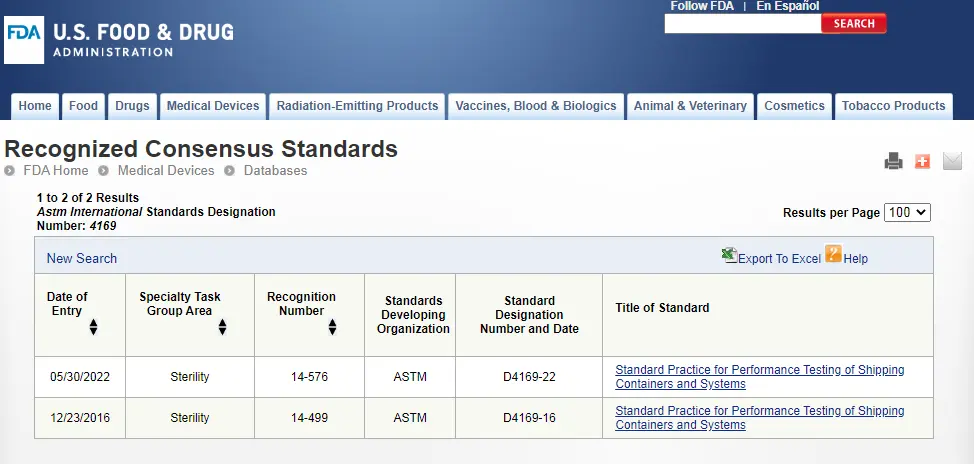 ASTM D4169 Packaging Simulation Transportation Tes
ASTM D4169 Packaging Simulation Transportation Tes
 What is ASTM D4169 Testing?
What is ASTM D4169 Testing?
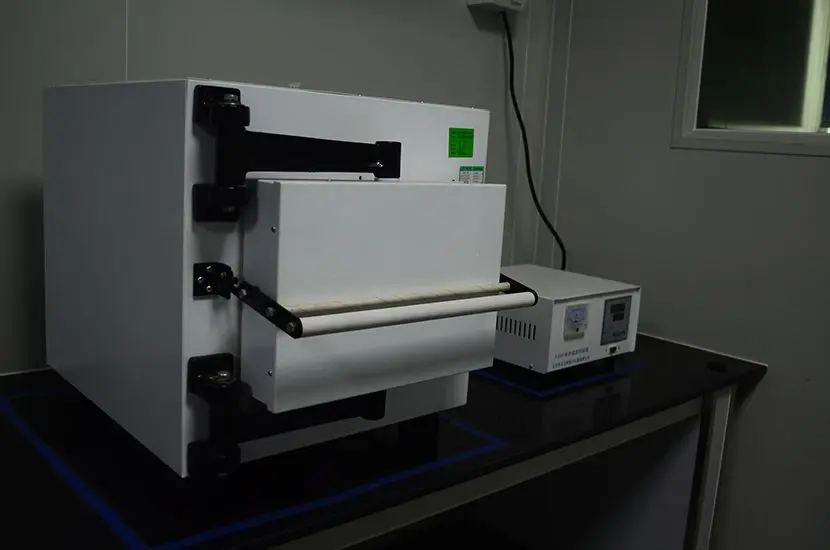 ASTM D4169-23 Test Standard Revision
ASTM D4169-23 Test Standard Revision
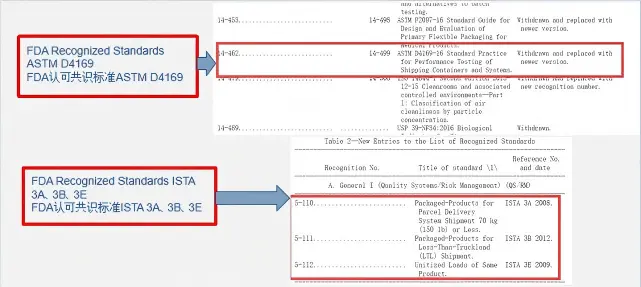 Transport Simulation Testing for Medical Device Pa
Transport Simulation Testing for Medical Device Pa
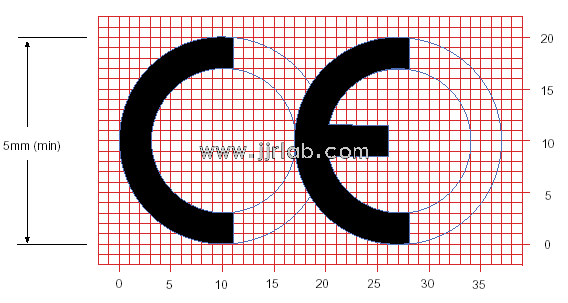 EU CE Certification Guidelines for Lighting Fixtur
EU CE Certification Guidelines for Lighting Fixtur
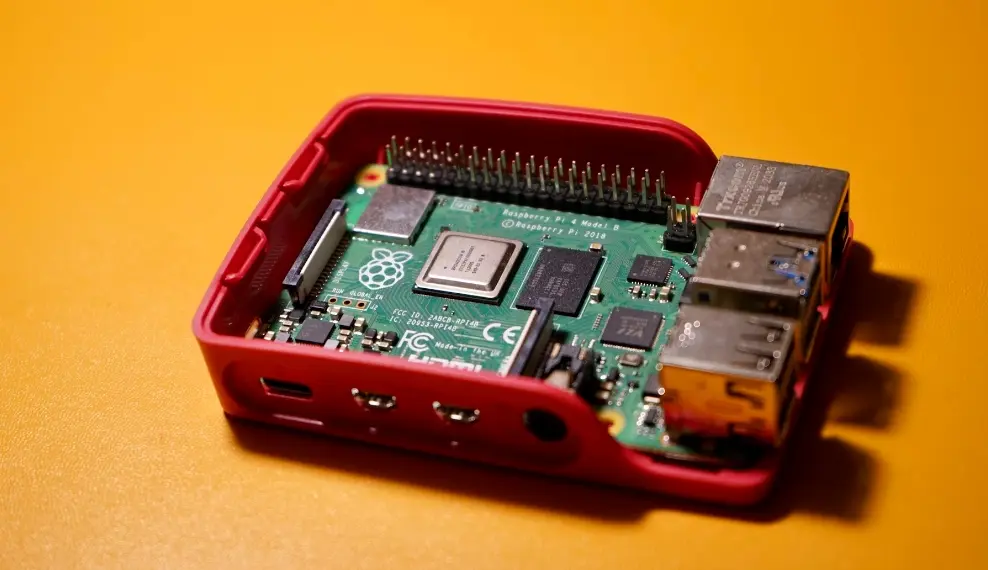 Lithium Battery Export: CB Certification & IEC
Lithium Battery Export: CB Certification & IEC
 How to Apply for One FCC Certificate for Multiple
How to Apply for One FCC Certificate for Multiple
Leave us a message
24-hour online customer service at any time to respond, so that you worry!




